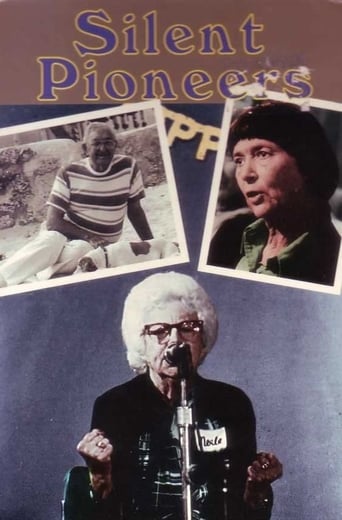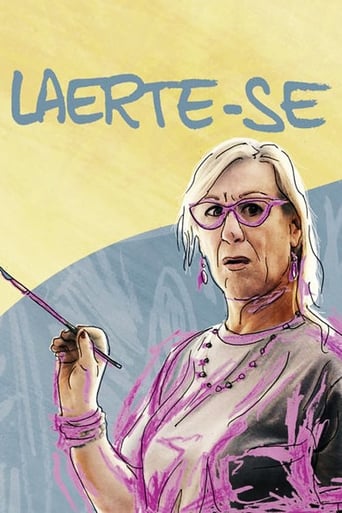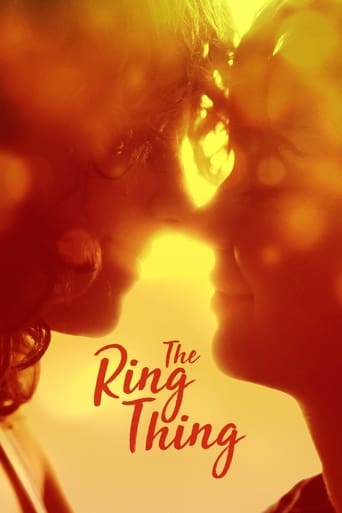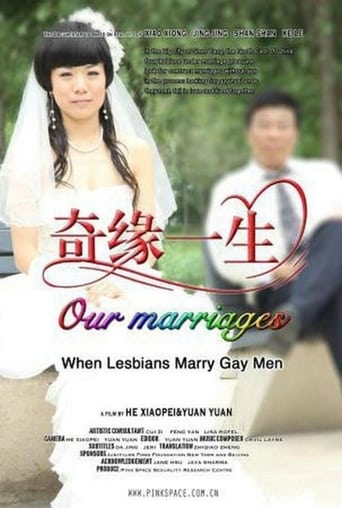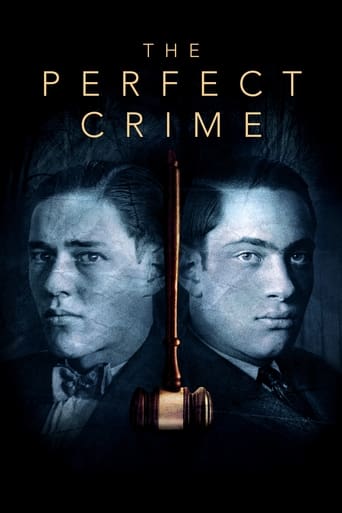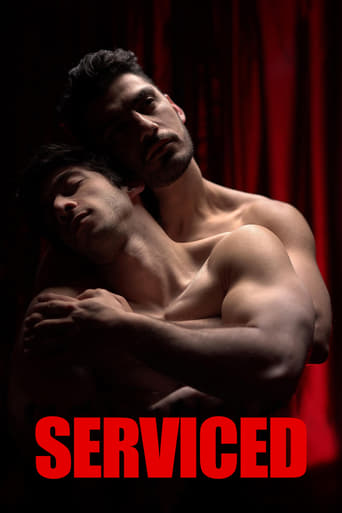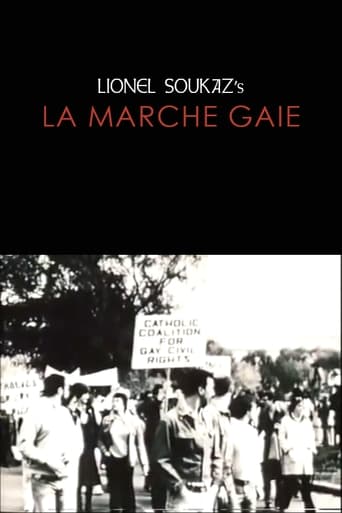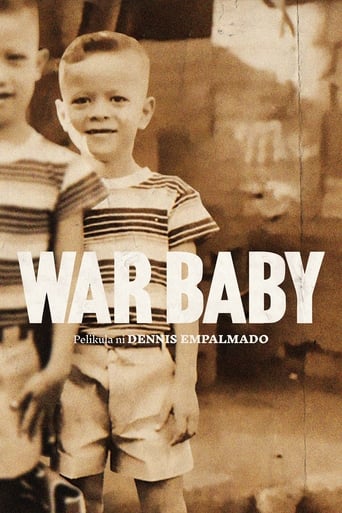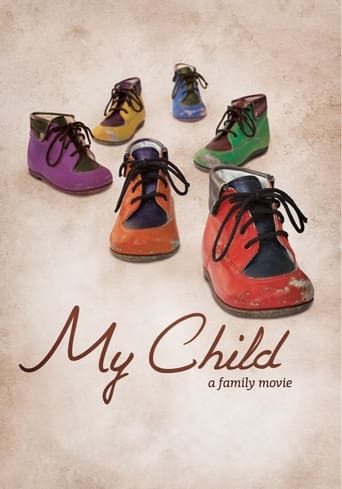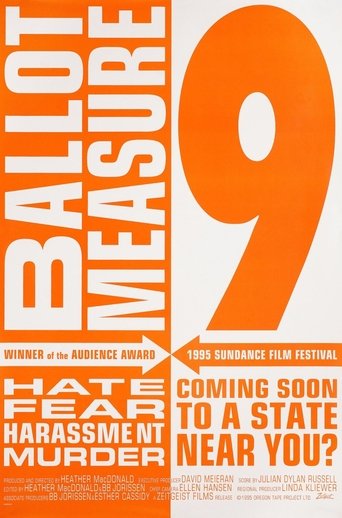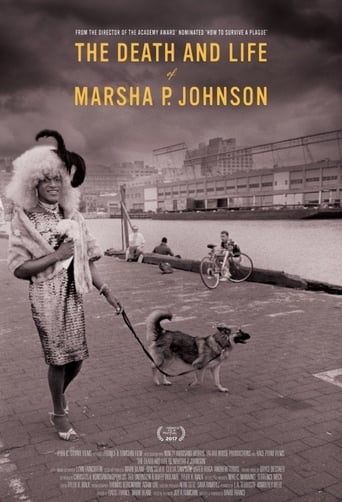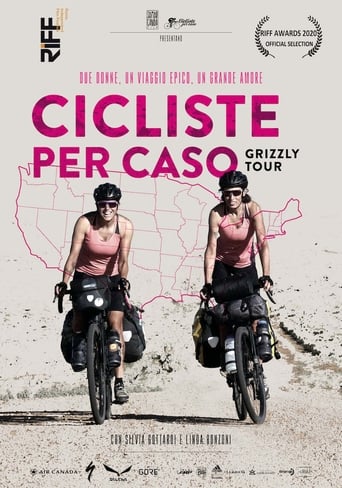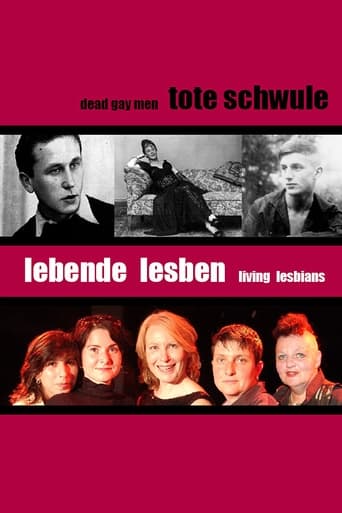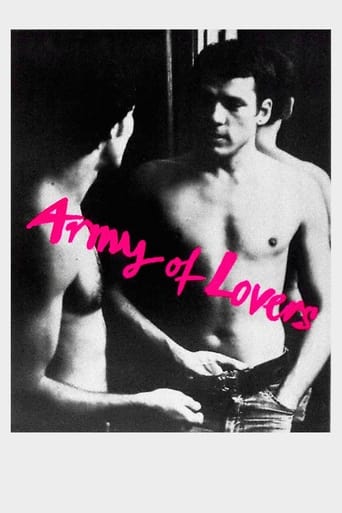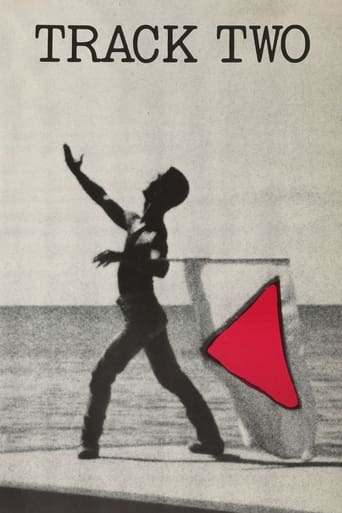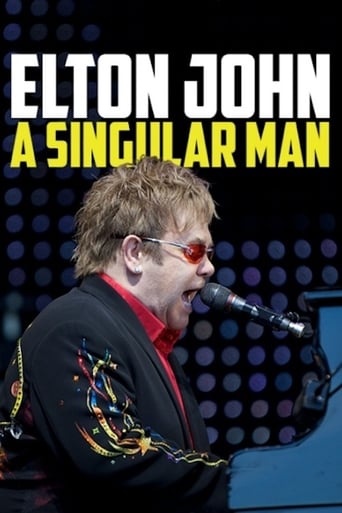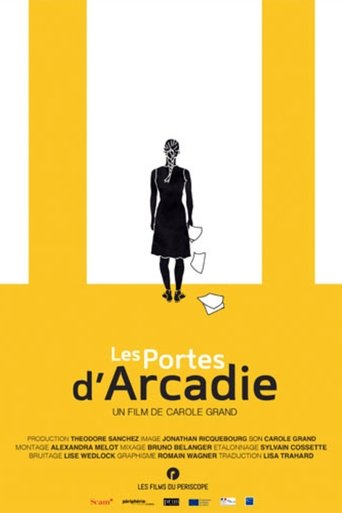
25 Nov 2015

Les portes d'Arcadie
In Les Portes d’Arcadie, we are at the heart of a reception center for asylum seekers. The director gives a voice to people persecuted because of their sexual orientation, in their country of origin. Already gone, but not yet in a new home, these displaced people are looking for themselves as much as they are looking for the words to describe what they have known and left behind. What awaits them? It is not certain. But at least they can hope to finally be (re) recognized for themselves. This crossing, as much as this quest for identity, is at the heart of this documentary.
